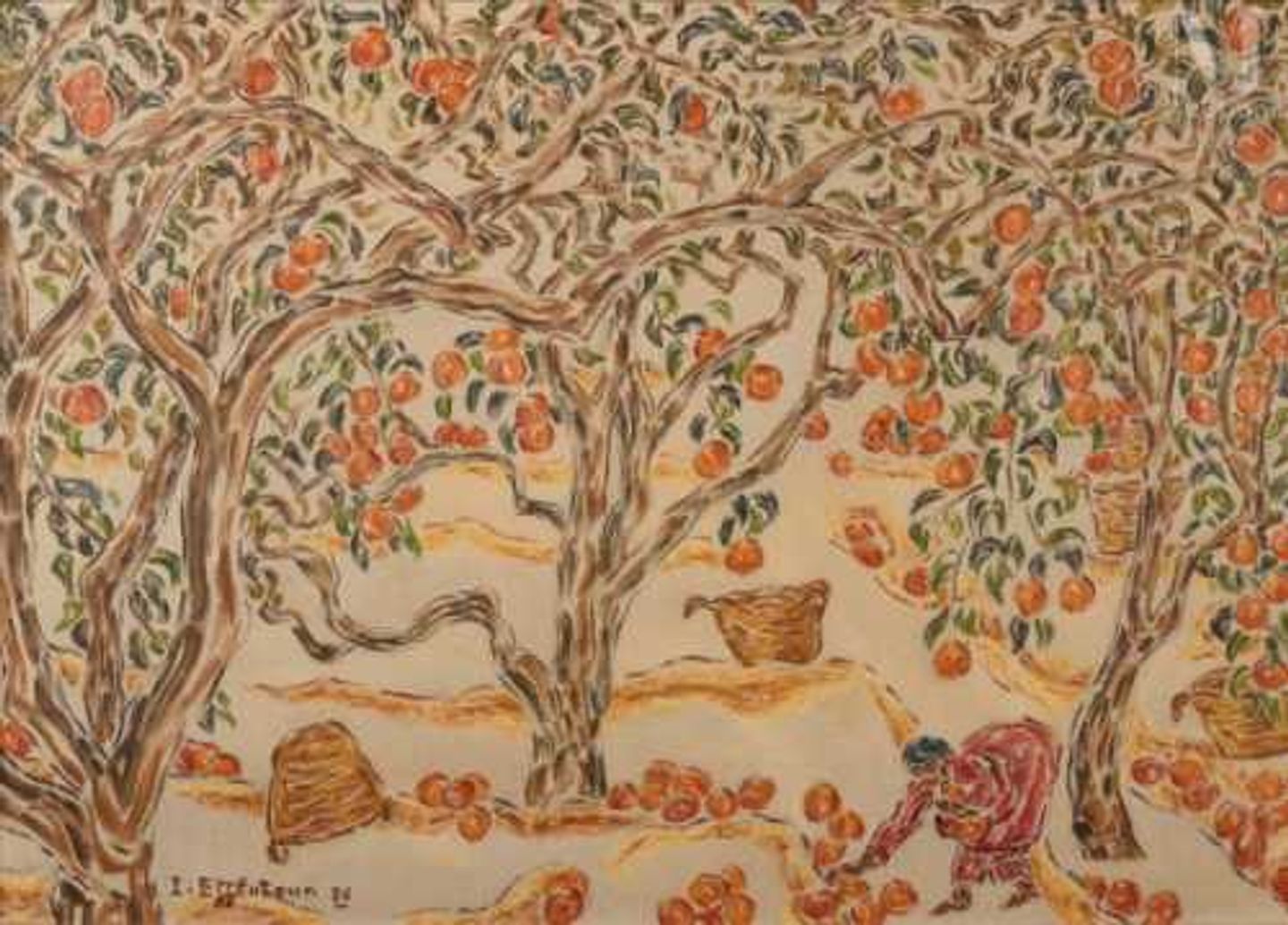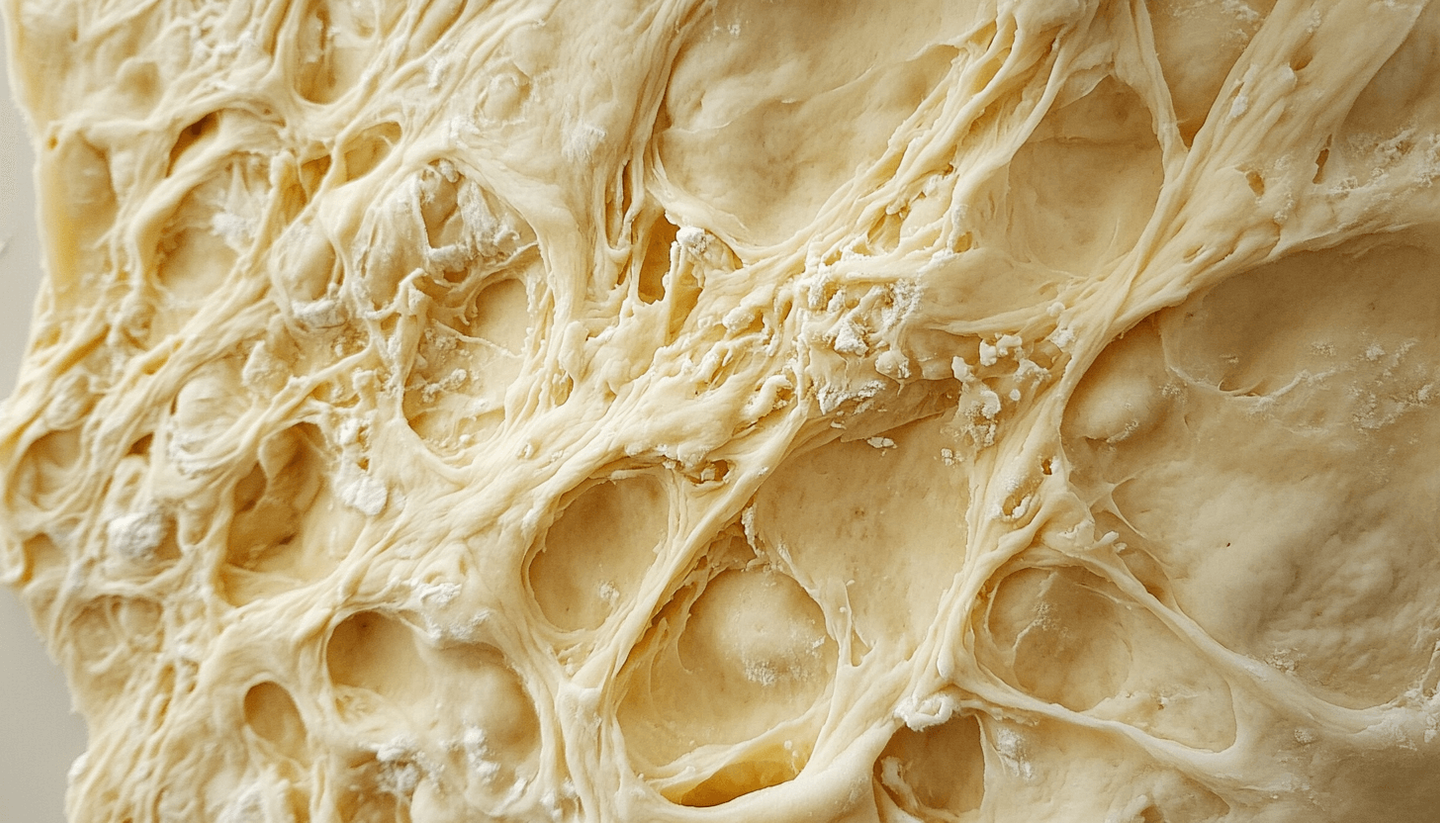- shCO
Queer Food 2026
- altMA
Alternative MA 2026/2028
Queer Food 2026
Alternative MA 2026/2028
shCO Queer Food 2026

Read more
Food and the queer are intrinsically intertwined, shaping social perceptions, cultural narratives, and personal identities.
altMA Alternative MA 2026/2028

Read more
This Alternative MA (altMA) pursues the reconceptualisation of the world through food, reframing a food-scape reality where to develop an artistic practice.
shCO Roots: Biopower and Resistance

Read more
Exploring Biopower & Resistance through Food
shCO Queer Food 2025

Read more
Food and the queer are intrinsically intertwined, shaping social perceptions, cultural narratives, and personal identities.
altMA Alternative MA 2025/2027

Read more
This Alternative MA (altMA) pursues the reconceptualisation of the world through food, reframing a food-scape reality where to develop an artistic practice.